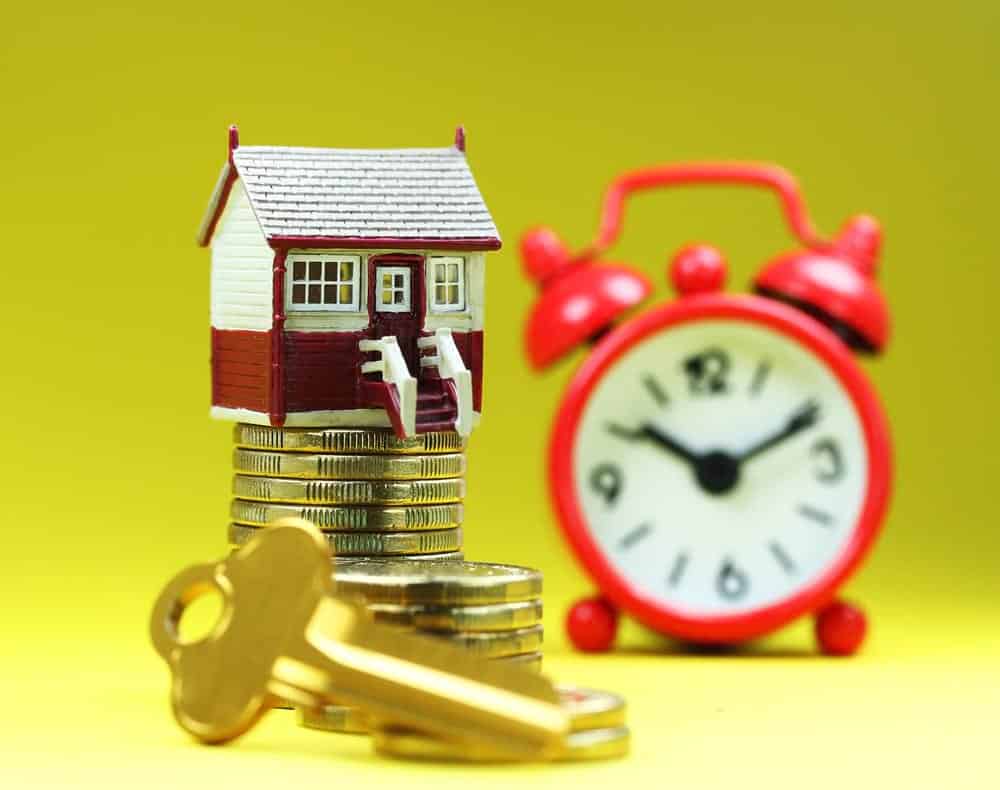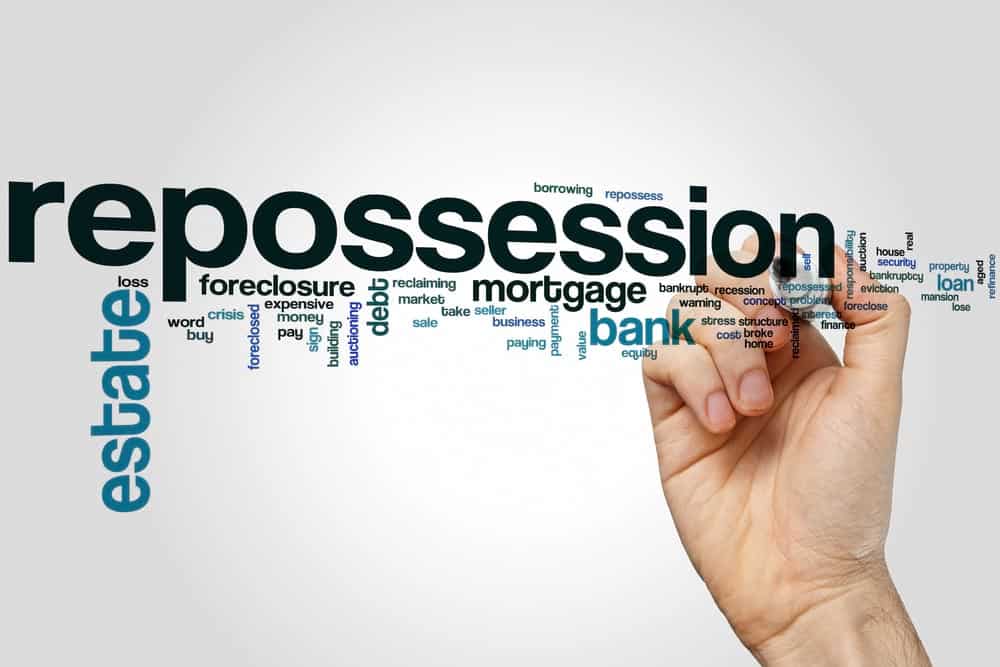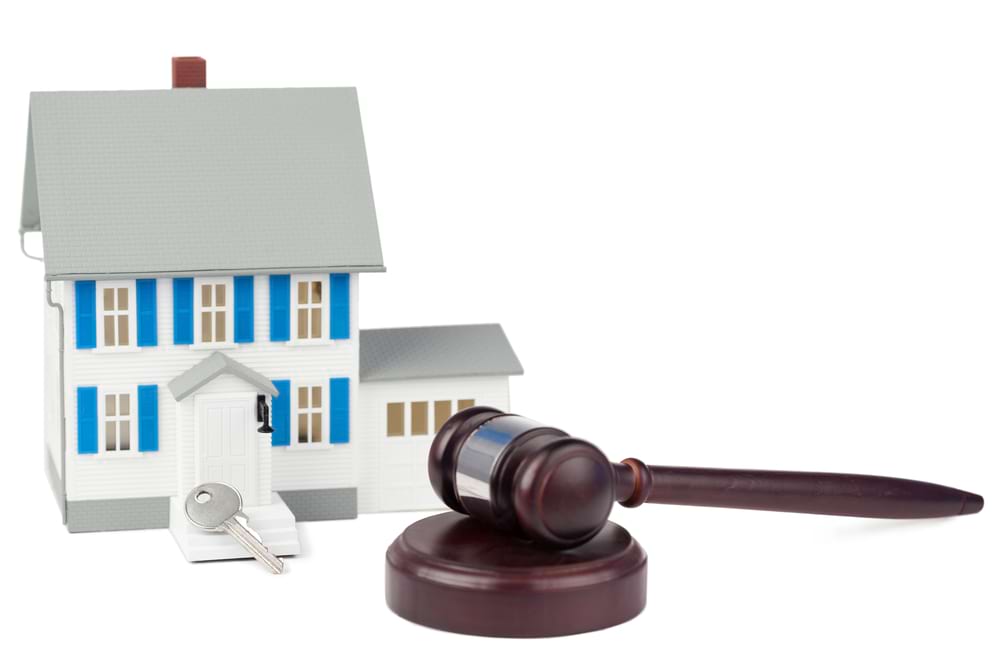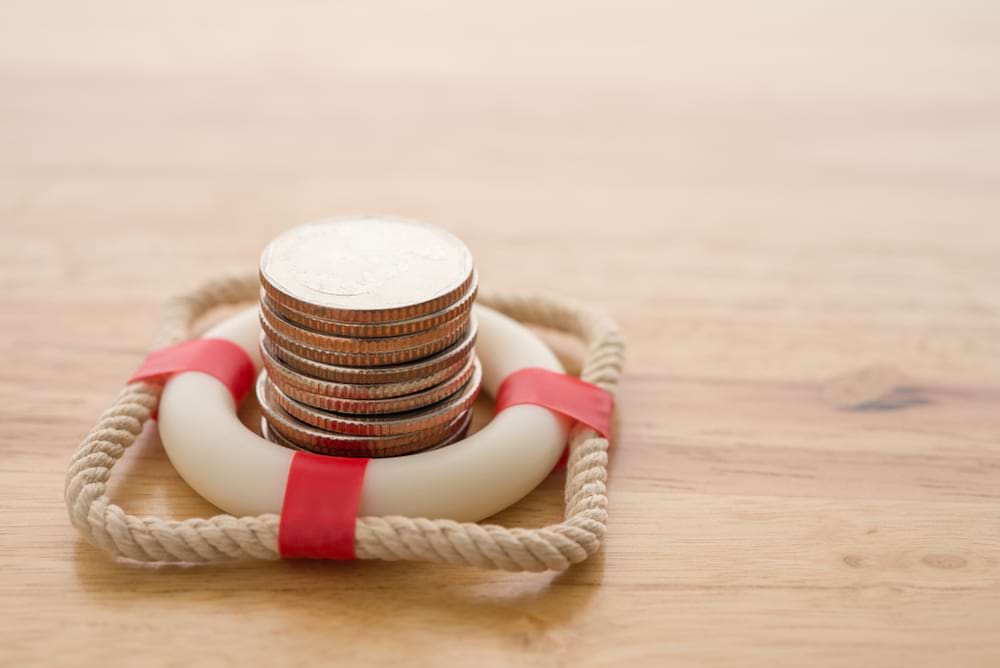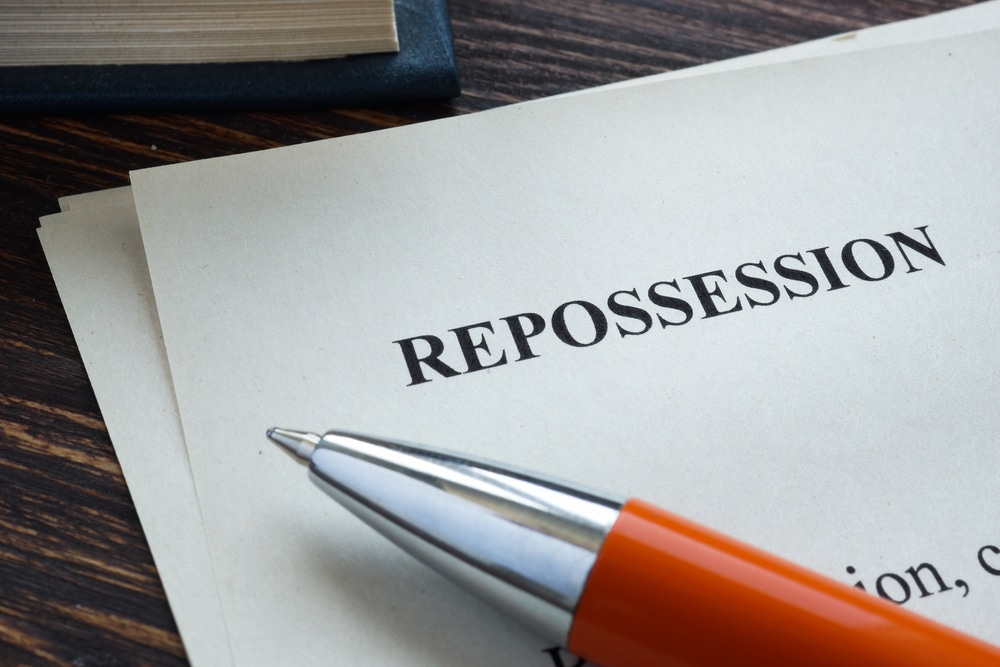Debt is difficult.
Finding a way out of it can be confusing, too.
The right way forward for you will depend on your specific situation.
But there are several key things you should consider.
One of these is selling your rental property.
Assess your situation
There are many reasons you might want to sell a buy-to-let property.
Perhaps you’ve moved towns for work. Or you’ve moved in with a partner.
You might have decided to stop being a landlord. Or it might be your only source of income.
There are also several reasons why you might be in debt. These range from temporary losses of income to longer-term problems.
Note, if you are unemployed there is potential support for you, too. And there is more specific support if you are unemployed and pregnant, too.
Research your specific situation to find the best solution.
Look at the numbers
Often, of course, the decision comes down to numbers.
You must weigh up the financial costs and benefits of your rental property. Compare the following factors to your monthly debt payments.
- How much you receive each month in rent after mortgage costs on the property
- Estate agent fees (if applicable)
- Maintenance and renovation costs
- Tenant contract lengths and potential empty periods.
If your debt repayments are a lot more than the money you make in rental income you may want to consider selling it.
But if the opposite is the case, you may decide to hold on to your rental property if possible.
Consider the market
Examine whether the value you’ll get from selling your rental property will be enough to pay off your debts. Or at least bring them down to a manageable level.
Many factors affect property value, including local or national property market conditions.
If not, it may be better to keep the property until the market improves, if possible.
This is particularly true if your rental property is in negative equity.
If it is, when you sell it you will have to pay the difference, which will only add to your debts.
Consider your mortgage
If you are – or are likely to – fall behind on mortgage payments, speak to your lender about a solution.
They will likely be able to help you come up with a solution. This can range from reduced payments to a mortgage holiday. It depends on your situation and lender.
Addressing your debt
Debt management solutions
There are several debt management charities that can help you assess your situation.
If necessary, they can arrange a debt management plan between you and your creditors.
IVAs
In more severe cases a charity can help you set up an individual voluntary agreement (IVA).
This is a form of insolvency. It allows you to keep hold of some assets while paying creditors an agreed amount you can afford.
Each IVA is assessed on its individual merits. But it’s likely creditors will insist you sell a rental property before agreeing to go ahead.
Bankruptcy
The next step along is bankruptcy when you can no longer contribute to your debts. In this situation you will be forced to sell your rental property.
Remember that insolvencies will remain on your credit file for up to six years. This will make it difficult to borrow money in that time.

